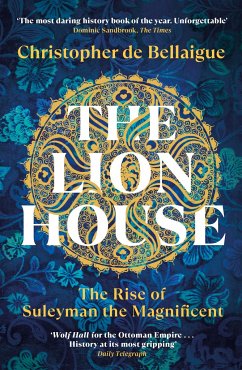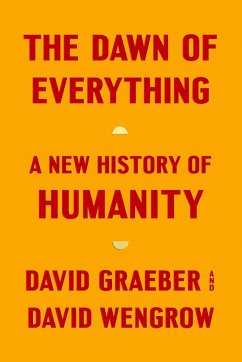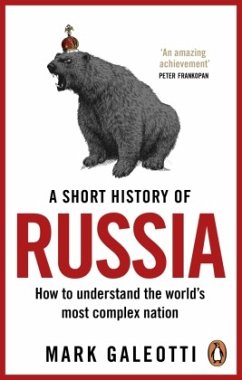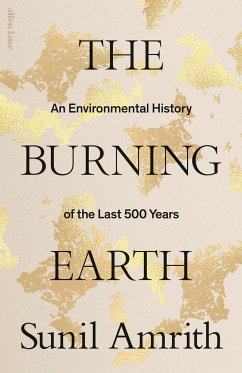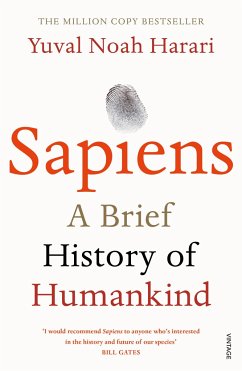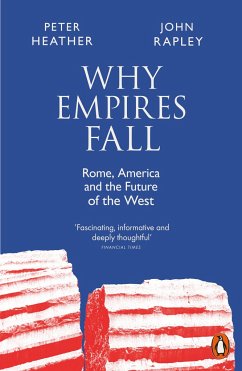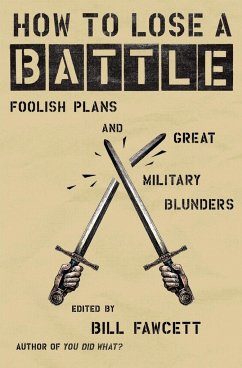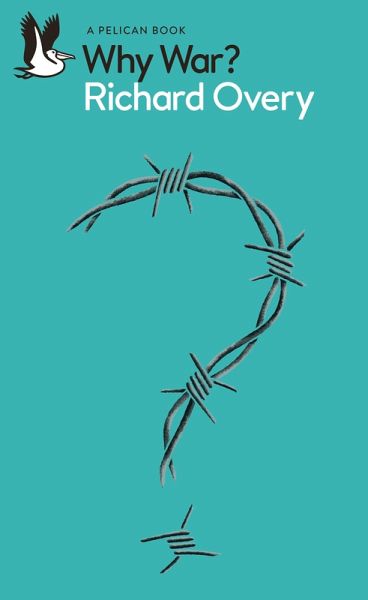
Why War?
Versandkostenfrei!
Sofort lieferbar
8,99 €
inkl. MwSt.
Weitere Ausgaben:

PAYBACK Punkte
4 °P sammeln!
A richly absorbing book... Overy is unquestionably one of our finest living historians - The Daily TelegraphWhy has warfare always been part of the human story?From biology to belief, what explains the persistence of violent conflict?What light can this shed on humanity's past - and its future?There can be few more important but also more contentious issues than attempting to understand the human propensity for conflict. Our history is inextricably tangled in wave after wave of inter-human fighting from as far back as we have records.Repeatedly humans have foresworn war, have understood its ap...
A richly absorbing book... Overy is unquestionably one of our finest living historians - The Daily Telegraph
Why has warfare always been part of the human story?
From biology to belief, what explains the persistence of violent conflict?
What light can this shed on humanity's past - and its future?
There can be few more important but also more contentious issues than attempting to understand the human propensity for conflict. Our history is inextricably tangled in wave after wave of inter-human fighting from as far back as we have records.
Repeatedly humans have foresworn war, have understood its appalling risks and have wished to create more pacific, productive societies. And yet almost inevitably circumstances emerge under which war once more seems inevitable or even desirable
How can we make sense of what Einstein called 'the dark places of human will and feeling'? Richard Overy draws on a lifetime's study of conflict to write this challenging account of how we can understand the causes of war. Looking at every facet of war from biology to belief, psychology to security, Overy allows readers to understand the many contradictory or self-reinforcing ways in which warfare can suddenly appear a legitimate option, and why it is likely to be part of our future as well as our past.
Why has warfare always been part of the human story?
From biology to belief, what explains the persistence of violent conflict?
What light can this shed on humanity's past - and its future?
There can be few more important but also more contentious issues than attempting to understand the human propensity for conflict. Our history is inextricably tangled in wave after wave of inter-human fighting from as far back as we have records.
Repeatedly humans have foresworn war, have understood its appalling risks and have wished to create more pacific, productive societies. And yet almost inevitably circumstances emerge under which war once more seems inevitable or even desirable
How can we make sense of what Einstein called 'the dark places of human will and feeling'? Richard Overy draws on a lifetime's study of conflict to write this challenging account of how we can understand the causes of war. Looking at every facet of war from biology to belief, psychology to security, Overy allows readers to understand the many contradictory or self-reinforcing ways in which warfare can suddenly appear a legitimate option, and why it is likely to be part of our future as well as our past.





